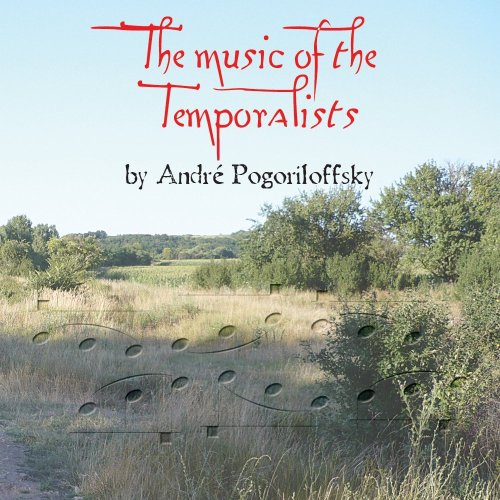
Theravāda Buddhist music of Thailand and China emphasizes the intricate relationship between time, space, synchronic and diachronic perspectives, and cultural memory. Synchronic structure acts as both an intermediary and a result of diachrony. In Theravāda Buddhism, music traces elements of cultural memory manifested in various types of ritual practice found in both China and Thailand.
Comparing the musical practices of these two countries enables an exploration of the similarities and differences in their musical characteristics within the organizational structure of their Theravāda Buddhist cosmological systems. Historical time in Theravāda Buddhist music, considered as “monumental time” or “social time”, correlates with spatial expressions of musical structure, highlighting the cultural affinities and contradictions that structure music in Theravāda Buddhist traditions across national borders.
Learn more in “Zhong, Tai Nanchuan Fojiao yinyue de jiegou erchongxing bijiao yanjiu” (A comparative study of the dual structure in the Theravāda Buddhist music of China and Thailand) by Dong Chen (Zhongyang Yinyue Xueyuan xuebao/Journal of the Central Conservatory of Music 2/171 [2023], 42–58). This Chinese journal is a new addition for 2023 in RILM Abstracts with Full Text.
Celebrating International Migrants Day on December 18 with music that crosses borders!
Listen to Thai Theravāda Buddhist monks chanting Dhammacakka Sutta below.




